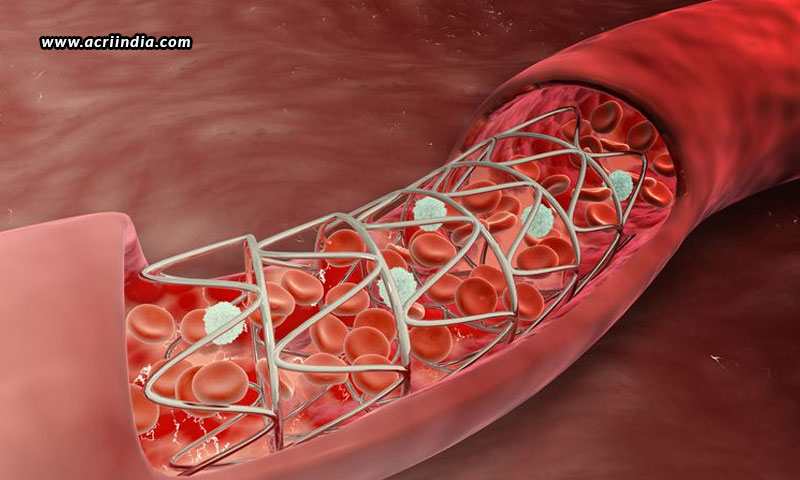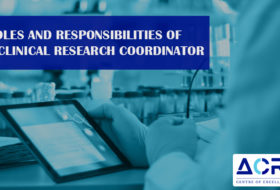Heart bypass surgeries are one of the most common cardiac surgeries being performed across the country. Thousands of people are undergoing the surgery every year, 5-7% of whom succumb to restenosis within months of undergoing the surgery. Restenosis is the re-narrowing of a coronary artery after a blockage has been treated. There is an almost 50% chance of occurrence of restenosis in patients who undergo heart surgeries; looking at the risk of which a new patent-pending drug combination has been developed, which promises to prevent as well as treat the condition to reduce the risk for heart-surgery patients.
The new drug combination
After more than 20 years of research, hematologist Jagmohan Singh Oberoi has sought a patent on the drug combination. At present, there are a number of drugs that seem to prevent the issue, but they are unable to do so successfully, as they target to treat only half the problem of the blockage. So, as there is no medication at present that ensures 100% prevention of restenosis, but the new drug combination holds the potential to reduce the risk by 70-75%. However, the risk with expensive heart procedures, even if very small, still remains.
How is the new drug combination different from the current drugs?
The drugs that are currently used treat only 50% of the blood clot problem, known as thrombosis, by targeting only the heamoglobin part in the blood. They do not treat the non-haemoglobin part, which increases the risk of patients reverting into the blockage of the arteries after the treatment. On the other hand, in the new drug combination, the combination of two enzymes targets both the haemoglobin and non-haemoglobin parts of thrombosis, which increases the chances of complete recovery.
Why is the pending yet on hold?
The patent for the new drug combination is pending with the Indian Patent Office. After getting the patent, collaboration will be sought with big pharmaceutical companies to hold clinical trials of the drug combination. After all, the drug holds the potential to prevent restenosis cost-effectively, while saving lakhs of rupees of patients that may be required in the re-treatment of artery blockage.
How does clinical research play an important role?
All such new developments are possible only after a good amount of research; just like hematologist Jagmohan Singh Oberoi had to wait for more than 20 years to seek a patent on the new drug combination. So, there is a long wait for not only developing a new drug, but also for getting it approved, and then getting a patent on it. With all of this being such crucial tasks, it is important that researchers have the best professional assistance. If you aim to become one such researcher, or any other professional in the field of clinical research, you need to get enrolled at a reputed clinical research institute. Avigna Clinical Research Institute is one such establishment that offers the best clinical research training in Bangalore, which can help you achieve the best jobs in top CROs, Bio-techs, and pharmaceutical companies.
ALSO READ: Are Indian Stents At Par With Globally Available Variants?










